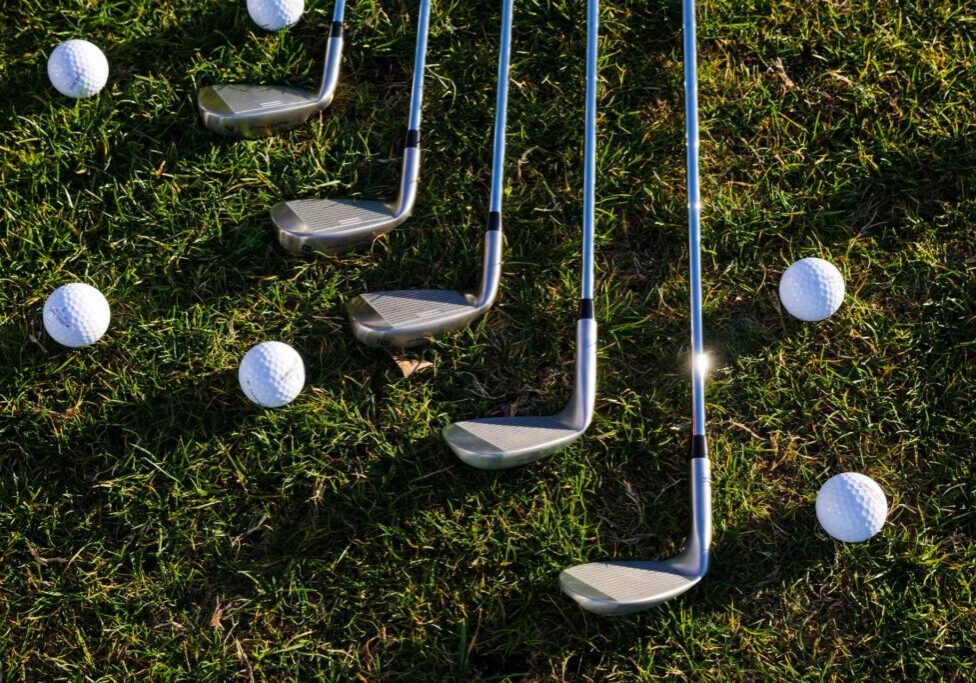
Practicing on an indoor golf simulator is a powerful tool for golfers looking to improve their skills. With detailed data analysis and realistic simulations, indoor golf simulators offer an accessible and convenient way to practice—rain or shine. However, to see real results, it’s important to practice consistently with a structured plan. Practicing just two to three times per week, with a focus on specific areas like swing accuracy, short game, and performance tracking, can make a noticeable difference in your game.
The Value of Consistent Practice
Consistent practice is essential for golfers at any level because it builds the muscle memory and confidence needed to perform under pressure. Practicing two or three times each week on a golf simulator creates a rhythm that reinforces the mechanics of your swing. With each session, you solidify positive habits that become second nature, so you’re less likely to revert to old mistakes when you’re on the course. Regular practice also allows you to make small, steady improvements instead of overwhelming changes, which can be difficult to maintain. This gradual approach helps your progress stick, giving you a solid foundation to build on week after week.
Focusing on Swing Accuracy
Improving swing accuracy is key to better scores, and golf simulators provide detailed feedback that makes it easier to pinpoint areas for improvement. These simulators measure data points like swing speed, club path, face angle, and ball flight, helping you identify issues in real time. When you dedicate time each session to practice your swing, you can work on correcting any tendencies, such as slicing or hooking. Repeated practice with these metrics in mind allows you to address specific flaws and make your swing more consistent, leading to straighter shots and a more reliable game.
Improving Your Short Game
The short game is crucial for scoring, and many golfers find it challenging to practice outside of the course. Golf simulators bridge that gap, offering options to practice putting, chipping, and pitching. By dedicating a portion of each session to your short game, you get the chance to work on skills like putt alignment, distance control, and bunker shots. This kind of practice allows you to be prepared for close-range scenarios you’ll encounter in real play. Regular short game practice helps you become more comfortable with delicate shots, adding finesse to your game and giving you an advantage when you’re close to the hole.
Tracking Progress with Data
Golf simulators capture and analyze a wealth of data with each shot, making it easy to track progress over time. By monitoring metrics like clubhead speed, spin rate, and ball trajectory, you can set specific performance goals and work toward them with precision. Reviewing this data helps you identify patterns in your game, allowing you to see where you’ve improved and where you may still need work. This data-driven approach provides clarity and motivation as you progress, showing you concrete evidence of improvement and guiding you in refining your focus for each session.
Building a Balanced Practice Routine
To get the most from your practice time, create a balanced routine that covers all aspects of your game. A typical session might start with a warm-up, followed by focused time on swing mechanics, a segment for the short game, and a review of performance data to identify areas for improvement. Dividing your practice in this way helps keep your sessions engaging and purposeful, preventing burnout and creating well-rounded skill development. Consistently following a structured plan will not only make each practice more effective but will also build your confidence and readiness when you’re on the actual golf course.
Practicing on an indoor golf simulator is a convenient and effective way to develop your skills in a controlled environment. By committing to regular, well-structured sessions focused on swing accuracy, short game, and data analysis, you can track your progress and achieve steady improvement. With dedication and a clear practice plan, you’ll start to see positive changes in your game, helping you approach each round with greater skill and confidence.
